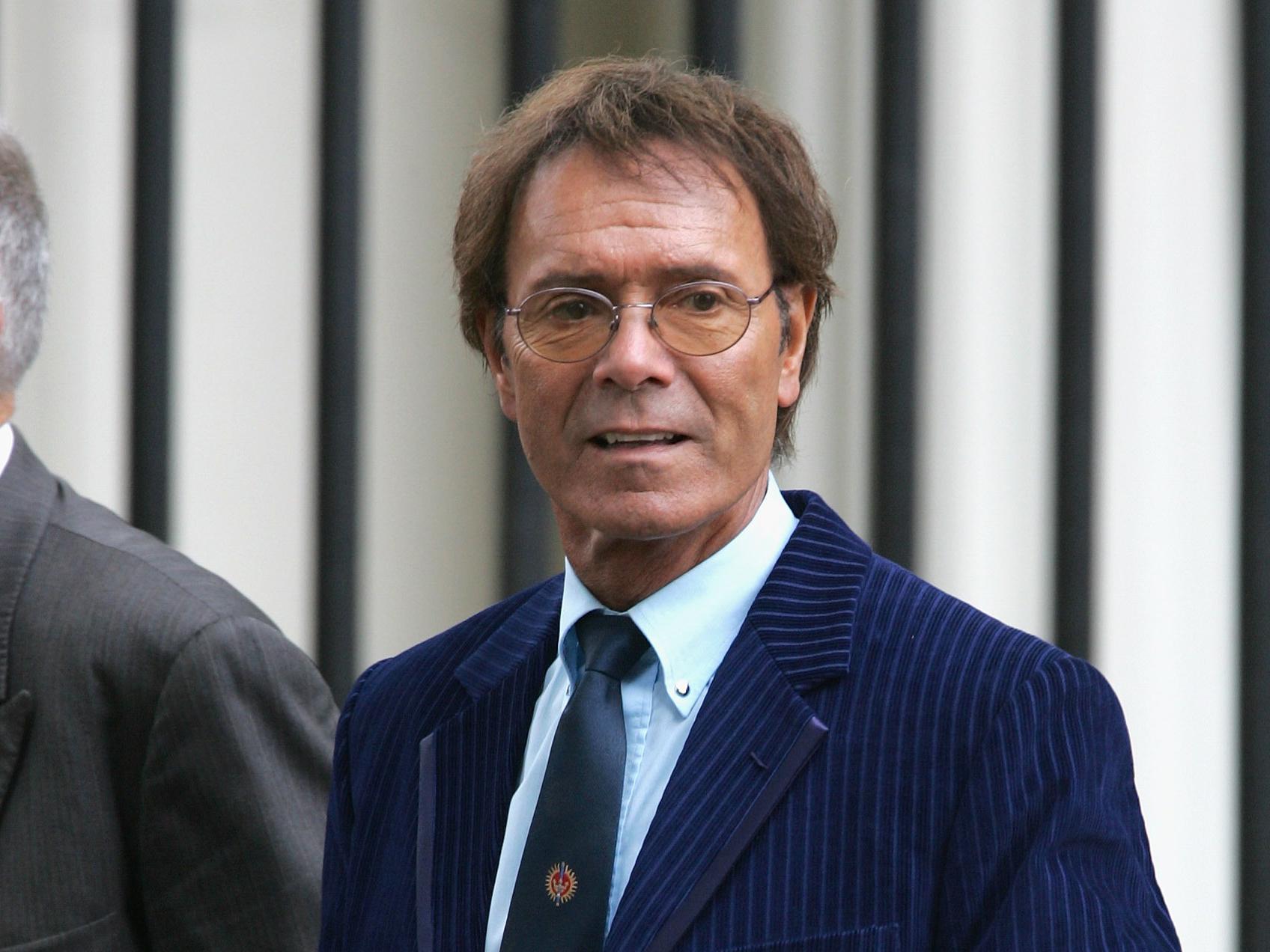Sir Cliff Richard tells MPs he feels he will be ‘forever tainted’
'The TV circus took away from me all hope of ever being what I had been before, a confident and respected artist'

Your support helps us to tell the story
From reproductive rights to climate change to Big Tech, The Independent is on the ground when the story is developing. Whether it's investigating the financials of Elon Musk's pro-Trump PAC or producing our latest documentary, 'The A Word', which shines a light on the American women fighting for reproductive rights, we know how important it is to parse out the facts from the messaging.
At such a critical moment in US history, we need reporters on the ground. Your donation allows us to keep sending journalists to speak to both sides of the story.
The Independent is trusted by Americans across the entire political spectrum. And unlike many other quality news outlets, we choose not to lock Americans out of our reporting and analysis with paywalls. We believe quality journalism should be available to everyone, paid for by those who can afford it.
Your support makes all the difference.Singer Sir Cliff Richard has told MPs and peers he fears he will be “forever tainted” after being wrongly accused of sex offences.
The performer, who is suing the BBC and South Yorkshire Police after a raid on his home was televised live, spoke at a private meeting on Monday as part of a campaign to guarantee anonymity for suspects accused of sex crimes.
He told an audience including Lord Lloyd-Webber: “The TV circus took away from me all hope of ever being what I had been before, a confident and respected artist, and an ambassador for Great Britain.
“Had I not been 'named' worldwide I feel I would still have been able to look people in the eye and not feel afraid that they might be thinking that there is 'no smoke without fire'.
"Instead, I fear I will forever be tainted by the lurid and intrusive coverage I received.
“I have had to bring civil proceedings to obtain redress for these appalling invasions of my privacy by the police and the BBC. But that can never undo all the damage I have suffered. It would have been so much better never to have been in this position at all.”
Security was enhanced in the corridor outside the House of Lords' committee room, with Black Rod, the officer responsible for maintaining order, joining doorkeepers and police to keep tabs as the stars arrived.
As the hour-long meeting broke up, Sir Cliff and Lord Lloyd-Webber hugged.
Lady Brittan, the widow of Lord Brittan, who was investigated as part of a doomed Scotland Yard inquiry into claims of a Westminster paedophile ring, also spoke at the meeting.
In March she was told that her late husband would have had no case to answer over the claims, and received an apology for the force's failure to tell Lord Brittan before he died that he would face no further action over a separate claim.
The calls for a change in the law are being led by former police officer Lord Paddick. The proposal to amend the Policing and Crime Bill would make it illegal for anyone to publicly name someone arrested on suspicion of a sex crime, unless they were charged.
Ahead of the meeting, the End Violence Against Women Coalition wrote an open letter to Sir Cliff, Mr Gambaccini and Nigel Evans, the former Commons' deputy speaker who was cleared by a jury of sex offence allegations in 2014, urging them to abandon the campaign.
Co-directors of the campaign, Sarah Green and Rachel Krys, said: “We want more discussion of rape and justice, not less.
“We want more openness and ever better practice by police and the courts in rape cases. We want the media to change the way it reports on rape.
“And in the long term, we don't want anonymity for defendants because we don't want it for those who allege rape either - because one day we will have eradicated the shame of being raped, and made this offence one which can be openly tested in court like all others.”
Richard Scorer, a specialist abuse lawyer at Slater and Gordon, the firm which represented victims including those of Rolf Harris and Max Clifford, said many dangerous criminals are only in jail because of publicity surrounding their arrest.
Although police do not routinely name on arrest, with both Clifford and Harris, publicity after they were questioned led further victims to come forward.
Press Association
Join our commenting forum
Join thought-provoking conversations, follow other Independent readers and see their replies
Comments